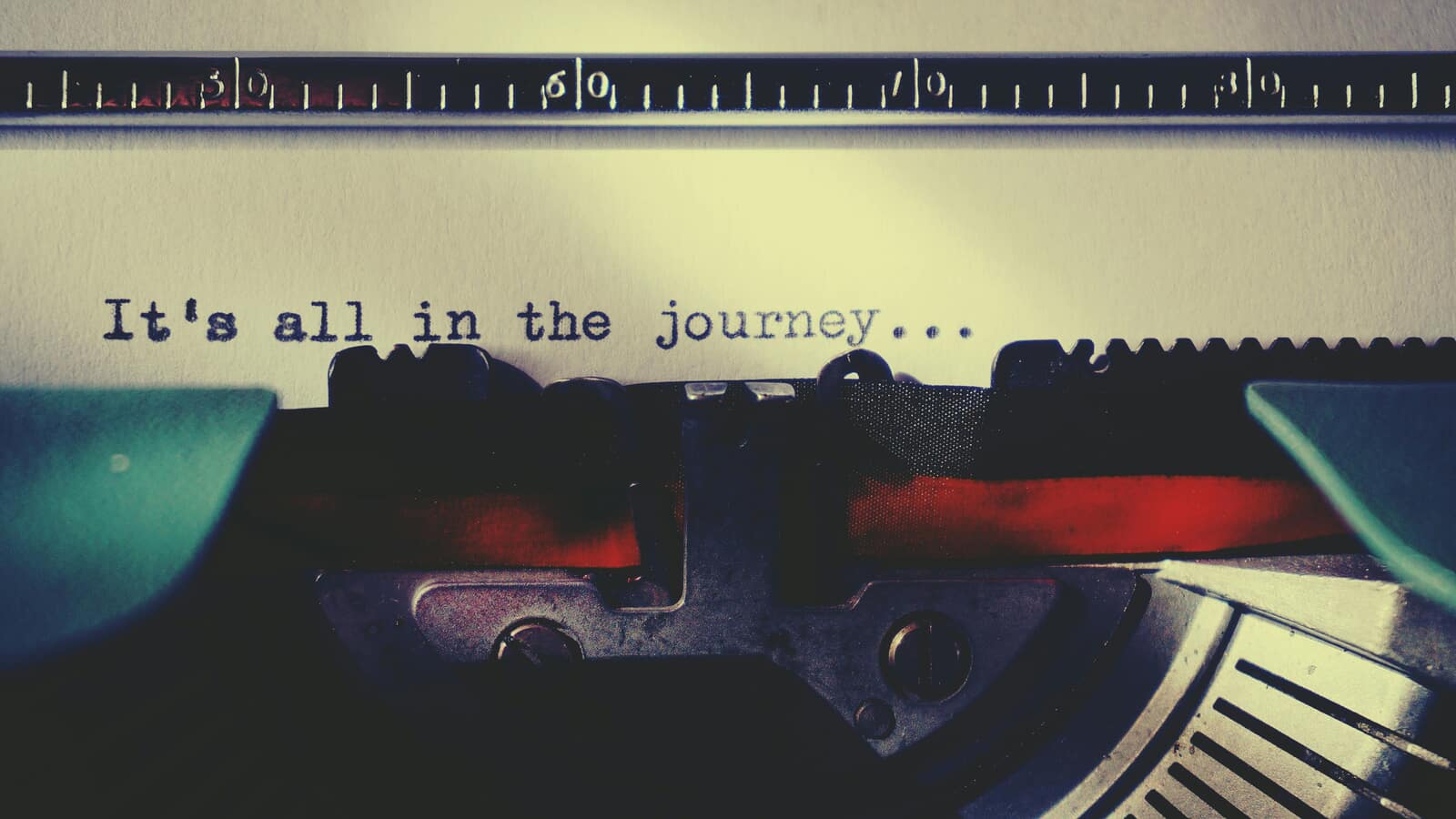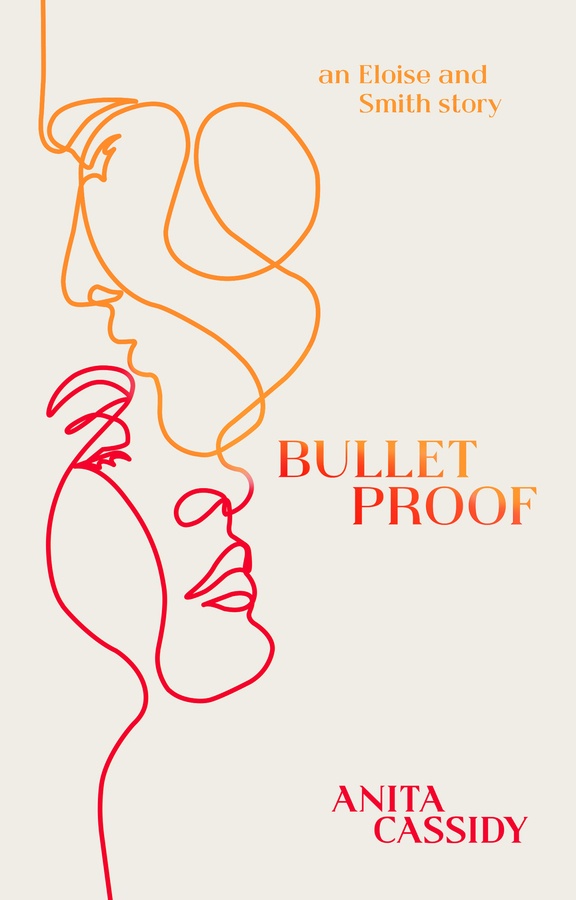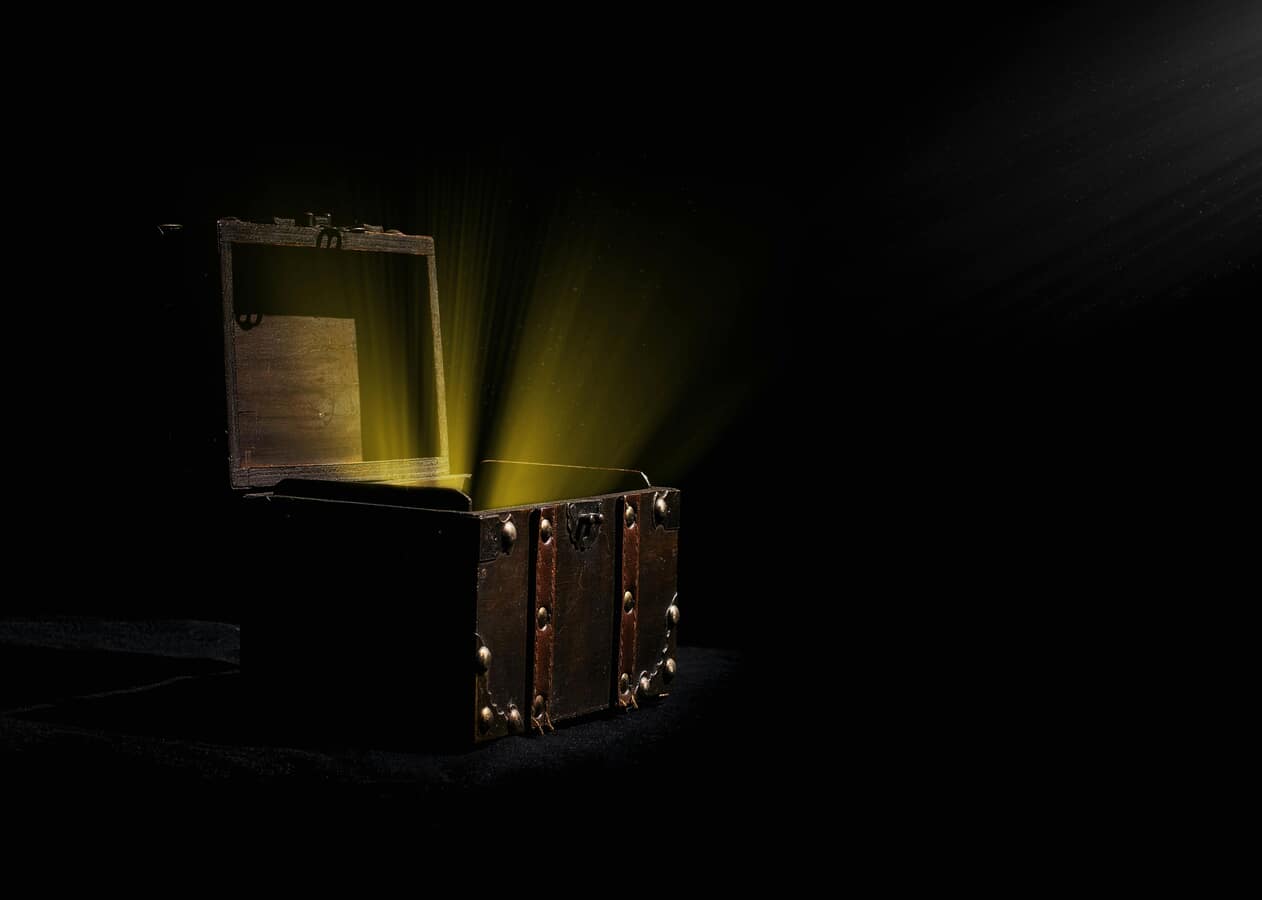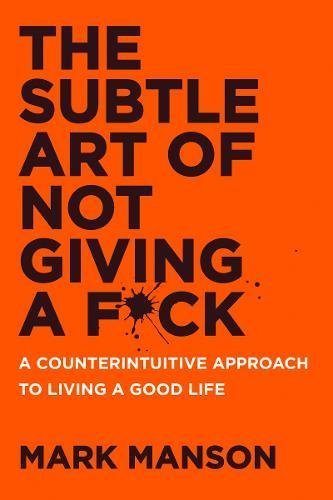Conscious relationships accept and account for the constant presence of change. It is this, the immediate and obvious presence of, not just others, but the end (and not end as in and they lived happily ever after but the end as in: this will change) that differentiates them so significantly from unconscious relationships.
Change is one issue which the non-monogamy community discusses in great depth but is, interestingly, one which most people dare not talk about. It’s almost as if even mentioning the possibility of change is enough to make it happen.
The Christian concept of marriage is as much a denial of change and death as the idea of the resurrection is. It tells us that love can last if we make a public promise. It creates a narrative by which, if the love fades or changes, it is YOU that’s at fault, not the original tale of never-ending and never-changing love: a fairy tale if ever there was one.
For, by telling us that our love need never die it also ensures that our love can never truly live. Marriage and a lot of other relationships are often about something staying the same, being fixed forever or, changing, but only to a very certain and contained degree. But, something that doesn’t grow is dead.
Most people accept, on an intellectual level, the fact that their feelings will change but it can still be a huge shock when that change actually happens on an emotional level. They often spend a lot of time and energy denying that the change has happened rather than see it for what it is. This has a lot to do with the fact that, culturally and socially, we are not taught how to understand and accept change.
People deny that they, or their feelings, have changed because to accept that they have would be, in a way, to accept their own mortality. This acceptance is, as Becker explains so eloquently in The Denial of Death, something which even an emotionally aware human struggles to do.
By making change part of the ongoing dialogue about our relationships we can help take the proverbial sting out of the tail. This is not about constantly fearing the end, of waking up every day wondering what is in store for you. What it’s about is presence and awareness.
It’s about knowing that, even in a committed relationship, the actions you choose to make today are the ones that are creating your future relationship, whatever shape that might take. How do you show love? How do you show respect? How do you demonstrate that your partner(s) is important, valued and appreciated? It can be as simple as a text to say I’m thinking of you, making dinner for them or even just actively listening but it IS action rather then the passivity of taking for granted. It is the difference between really engaging with the day to day as part of the journey and being on auto-pilot.
So, what about loss? What about when change means the end of how things are and the start of it being a different type of relationship. Well, what about it? Basically, we accept it. It may sound flippant but, in truth, how else can we be about something so fundamentally obvious? Radical relationships embrace change. They accept that there may (WILL!) be feelings of pain and sadness, even intense grief, when a relationship ends or changes. They also accept that that ending may be the start of a new adventure, that all relationships are part of our journey of self discovery and that the end of a relationship in a particular form can be the start of new opportunities and increased potential. Change is just change. It is neither good or bad. It just is.
There’s no pleasure without pain, there is no life without death. We don’t get to love without loss. But, by accepting eventual change and even death, we allow our love to be alive, truly alive in the only moment that is important: this one.



















